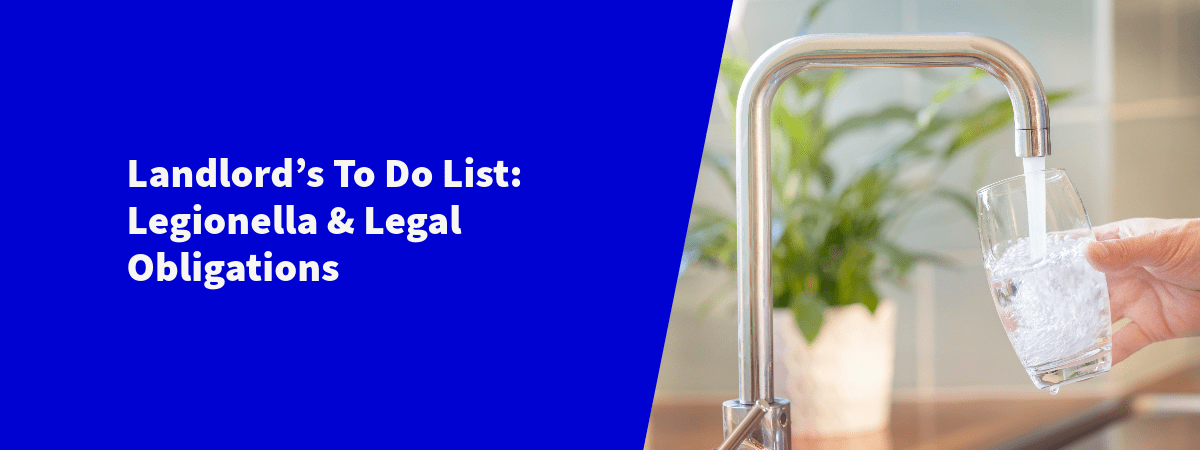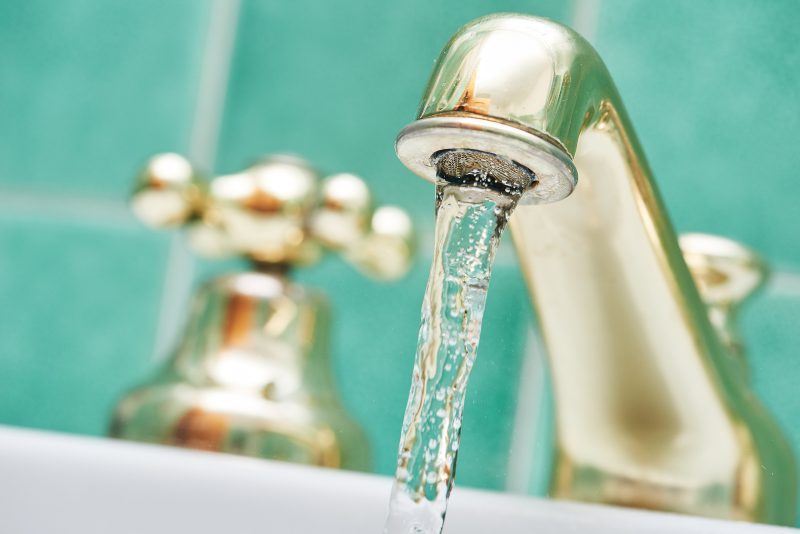Legionella and Landlord Responsibilities
Legionella is classed as a “hazardous biological agent”. It’s a bacteria found in water, and contamination can lead to Legionnaires’ disease, which is a potentially fatal form of pneumonia. Regular testing is the best preventative measure for an outbreak. Legionella can contaminate domestic hot and cold water systems, so temperature checks and water sampling are great ways to keep on top of tenant safety.
In rented premises, the Landlord is responsible for Legionella testing. Various types of properties need water system checks, from local authorities to housing associations and cooperatives – but what if you’re just renting a room to a friend? Well, if you’re unsure whether to class yourself as a “Landlord”, then follow the HSE’s simple rule: if you rent your property under a lease/licence shorter than seven years, then you’re a Landlord.
But Legionella won’t affect me, right? …Wrong! That kind of thinking leads to outbreaks, which is the last thing a Landlord needs. Click here to read more about Legionnaires’ disease and the risks it poses to residents.
As I’m sure you know, Landlords must comply with legislation; so it’s vital to keep on top of the numerous legal responsibilities regarding health and safety of renters. Risk controls are part of a Landlord’s Duty of Care, meaning the risk of hazards like Legionella needs to be assessed and controlled.
Legionella Punishments for Landlords
If the authorities discover legionella at one of your properties, they are likely to throw the book at you. While there are no formal checks done by the authorities, the HSE (Health and Safety Executive) states that landlords have a duty of care to ensure the safety and safe keeping of properties to let. That is a legal requirement. Usually, with homes using their water system multiple times a day, this isn’t a problem. But for landlords whose houses are left empty for a number of weeks may be at risk of allowing legionella to develop, putting anyone using the water in future at risk. And the punishment for this would be a fine or potential prison sentence.
Click Here to Call for an Instant Legionella Testing Quote
How Often do Legionella Risk Assessments Need to be Done?
According to the L8 Approved Code of Practice, Landlords need to review water systems at “regular intervals”, so recommendations lean towards an assessment once every 1-2 years (or sooner if changes occur), with regular monitoring in between if the assessment deems this necessary.
So ideally this means a thorough risk assessment conducted annually, alongside a log book of monthly monitoring in between checks. Simple monitoring may include temperature checks and water sampling, whereas a risk assessment is more extensive and typically involves a building assessment, action plan, written report and provision of future control measures.
Assessments need to be reviewed sooner if there are changes to the building, like:
- Modifications to water systems
- Changes in frequency of use resulting in stagnation
- Debris getting into systems
- A change in stored temperature
- Change in residents (over 45s, smokers and those with low immune systems are more vulnerable)
- New personnel unaware of risk factors
- When an outbreak is suspected
If any changes occur, don’t hesitate to arrange a check earlier than originally intended.
Remember, if an occupant catches Legionnaires’ disease from a water system of the premises, the Landlord may be liable to prosecution. They would need to demonstrate that they’d fulfilled their legal duty of care. Having a professional record of risk assessments is like a safety net, ensuring proof of compliance if disaster were to strike.
The good news is that risk assessments are fairly simple and straightforward so Landlord’s needn’t worry too much about intrusions. Make sure you do things right and get a risk assessment for your property before it’s too late.
Did you know? Our LCA-approved Legionella risk assessments ensure you’re legally compliant, and we’ll even guide you on control measures in between assessments so your peace of mind stays strong all year long. Or if you’re after more advice, check out our Legionella E-Learning course.
Get the low down on our Legionella service here.


